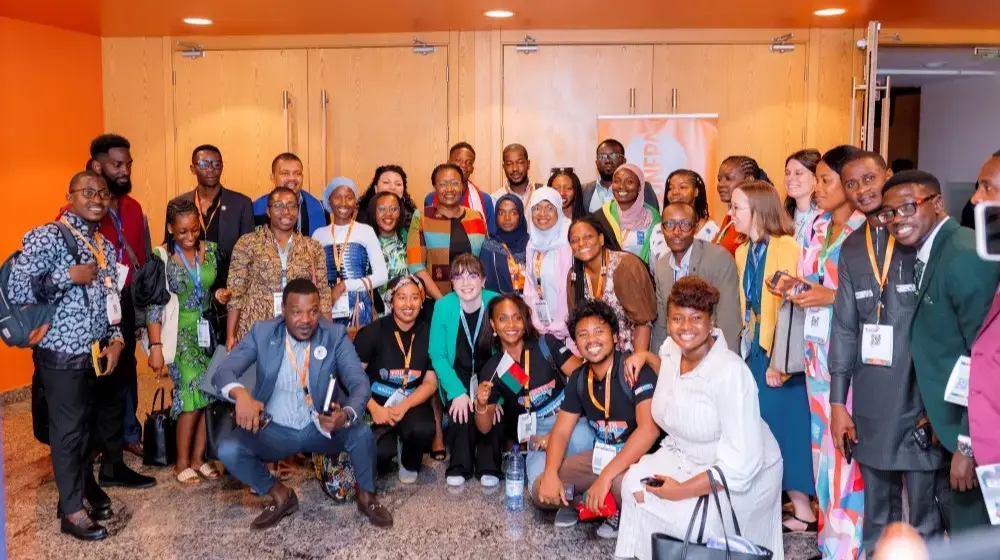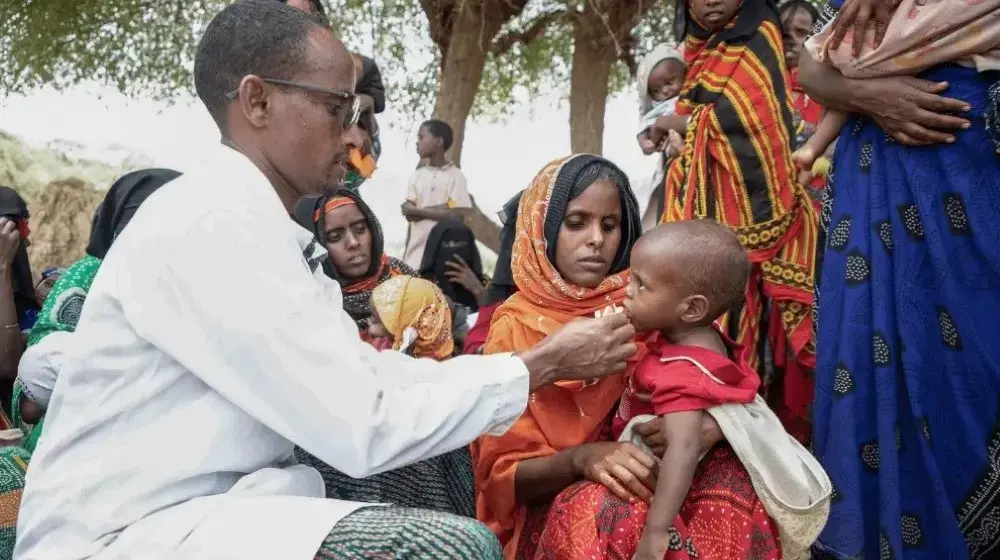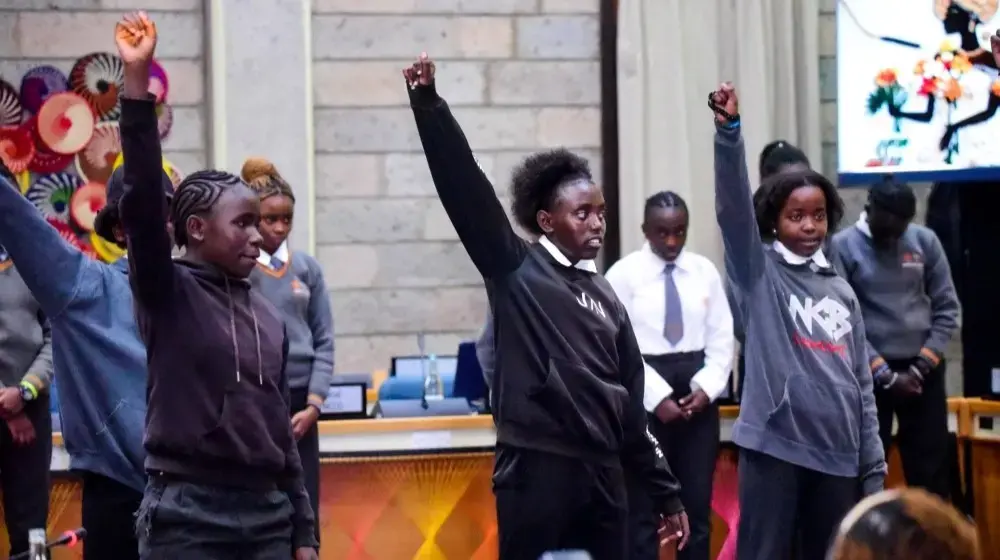LONDON, United Kingdom — Africa’s voice was added to the global call for the provision of modern contraceptives to 120 million women and girls in developing countries who do not have access, at this week’s ground-breaking Family Planning Summit in London on World Population Day, 11 July.
Three African Heads of State and UNFPA Executive Director Dr. Babatunde Osotimehin were among the seven keynote panelists at the summit. They included Ugandan President Yoweri Museveni, Rwandan President Paul Kagame and Tanzanian President Jakaya Kikwete. Also on the panel were British Prime Minister David Cameron and Melinda Gates. The event was attended by several other Heads of State, leading international family planning advocates and actors.
Ugandan President Yoweri Museveni urged that Africa’s population issue be discussed in its proper context without panic, exaggeration or complacency, according to a report in New Vision. He said the problem in Africa wasn’t population growth but underdevelopment and lack of socio-economic transformation, as well as poor spacing of births, which would ensure the health of babies and mothers.
He urged African governments and their development partners to sensitize women in the poorest communities about the need to plan the spacing of their children and to use family planning to ensure planned pregnancies. He announced that the Ugandan Government would spend US$25m on family planning over the next five years.
Rwandan President Paul Kagame called on the world community to collectively promote family planning, The New Times reported. He said that hundreds of thousands of women around the world were not adequately empowered to determine the size of their families, as they should be. As more needs to be done to meet Millennium Development Goals 4 and 5, which seek to improve maternal and infant health, by 2015 the opportunity needed to be seized to make a strong recommitment to these goals. It was important to forge partnerships to address the challenges in innovative ways, he said.
The aim of the summit, organised by the Bill & Melinda Gates Foundation and the UK Government with UNFPA and other partners, was to mobilize political commitments and resources from world leaders to give access to contraceptives to 120 million women and girls in the poorest countries by 2020, to reduce maternal and infant deaths. While the target was $4.3 billion, participants made commitments of $4.6 billion for family planning.
Zambia was represented at the summit by First Lady Christine Kaseba, Community Development, Mother and Child Health Minister Dr. Joseph Katema, and Zambia's High Commissioner to the UK, Bizwayo Nkinika. Zambia is to receive a boost of £14.8 million from the UK’s Department for International Development (DFID) over the next four years to scale up family planning services, according to a Times of Zambia report. At the summit, Dr. Katema made a number of commitments, including improving access in rural areas to universal family planning. The country aims to increase contraceptive coverage from 33 per cent to 58 per cent. The DFID programme is to improve outreach services in rural areas in 26 districts of Zambia.
It is estimated that to maintain the current use of contraception by 260 million women in the 69 poorest countries, about $10bn will be needed over eight years from 2012 to 2020. This funding, provided mainly by country governments through their health budgets and supported by contributions from consumers and external donors – needs to be sustained. Reaching an additional 120 million women will require resources equivalent to an additional $4.3bn over the next eight years. This number includes resources and infrastructure supported by developing countries. Of the $4.3bn total resource requirements, donors will need to contribute $2.3bn in funds above and beyond the level of funding provided for family planning in 2010.




